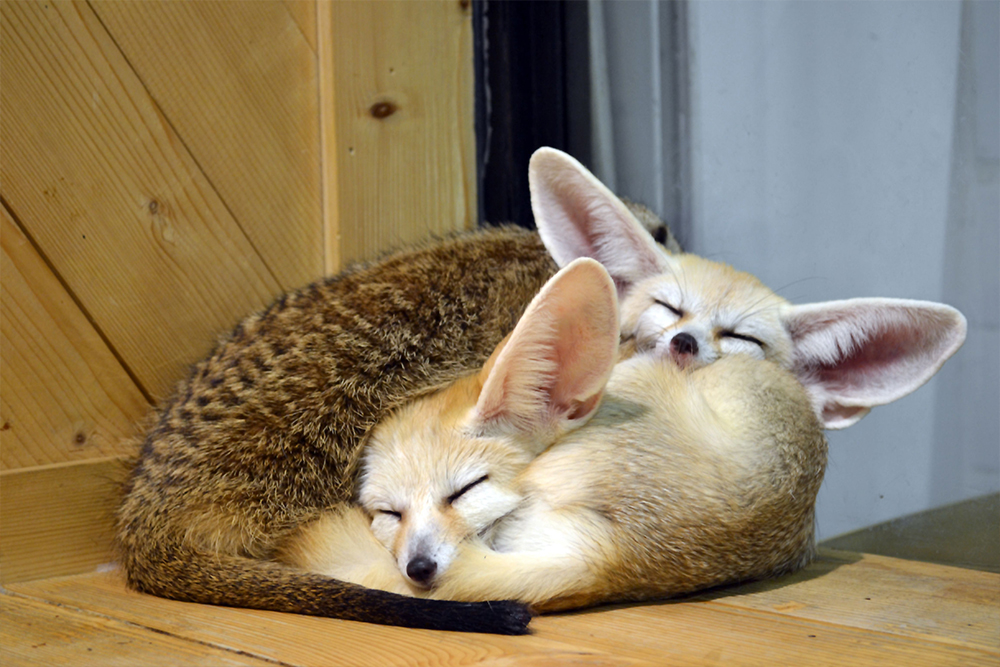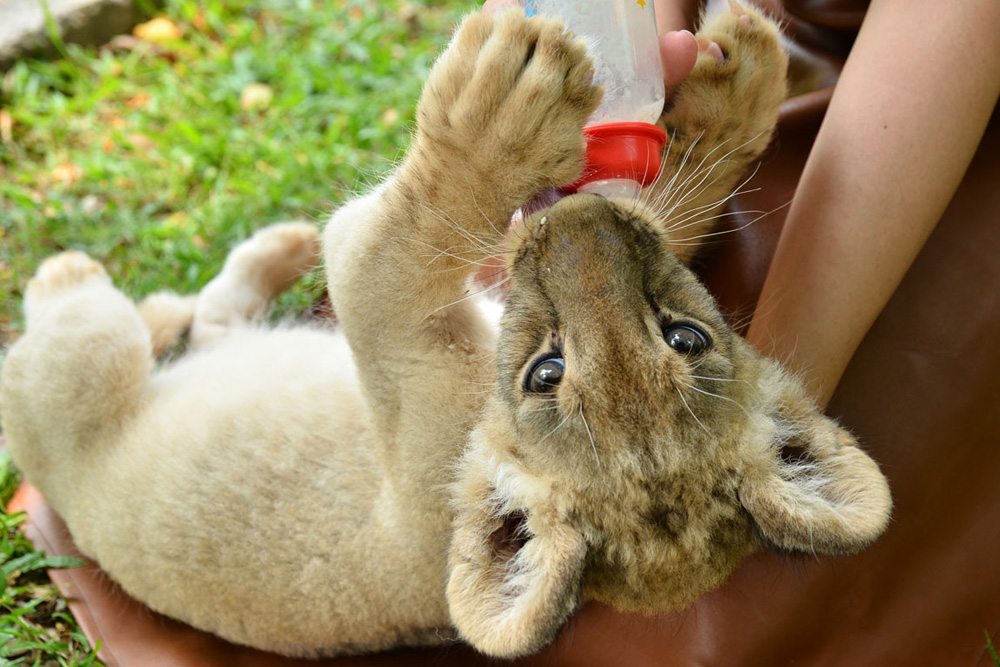Exotic pets: what you need to know before getting one

Exotic pets are animals that are not commonly kept as pets, such as reptiles, amphibians, insects, spiders, rodents, and even some mammals like monkeys, raccoons, and skunks. These animals can be fascinating and rewarding companions, but they also have very specific and complex needs that must be met in order to keep them healthy and happy. In this blog post, we will discuss some of the most important aspects of caring for exotic pets, such as their environment, diet, natural behavior, company, lifestyle, and veterinary care.
Related articles
1- Treat Your Pet Like Family: 10 Fun Activities to Do Together
2- Keep Your Pet Healthy and Happy with Regular Veterinary Check-ups
3- How to Keep Your Pets Mind Sharp with Unique Games and Foods!
4- From Fat to Fit: Home Exercises for Your Obese Pet
We will also provide some tips on how to save money while maintaining a high quality of care for your exotic pet.
- Choose the right enclosure. Exotic pets need a suitable enclosure that mimics their natural habitat as much as possible. This means providing them with enough space, ventilation, substrate, hiding places, enrichment items, and cleaning facilities. The enclosure should also be secure and escape-proof, as some exotic pets can be very good at finding ways out. You can find ready-made enclosures for some exotic pets at pet stores or online, or you can build your own with the help of a specialist.
- Provide the right temperature and lighting. Many exotic pets need a carefully controlled environment that provides them with the right temperature and lighting for their health and well-being. For example, reptiles need access to specialised heating and lighting equipment that creates a thermal gradient and a day-night cycle in their enclosure. Some exotic pets also need UVB light to synthesize vitamin D3 and prevent metabolic bone disease. You should monitor the temperature and lighting in your exotic pet’s enclosure regularly with thermometers and timers.
- Feed them the right diet. Exotic pets have specific dietary needs that vary depending on their species and individual preferences. Some exotic pets are herbivores, some are carnivores, some are omnivores, and some have very specialized diets that include insects, worms, fruits, vegetables, seeds, nuts, nectar, or even blood. You should research your exotic pet’s natural diet and try to replicate it as closely as possible with commercially available foods or fresh foods. You should also provide them with clean water at all times and supplement their diet with vitamins and minerals if needed.
- Find a specialist vet. Exotic pets need regular health checks, vaccinations, and access to expert advice from a qualified veterinarian who specializes in exotic animals. Not all vets are familiar with the anatomy, physiology, diseases, and treatments of exotic pets, so you should find one who has experience and knowledge in this field. You should also have an emergency plan in case your exotic pet gets sick or injured and needs immediate attention.
- Learn about their natural behaviour and social needs. Exotic pets have unique personalities and behaviours that reflect their natural instincts and adaptations. You should learn about your exotic pet’s natural behaviour and social needs and try to accommodate them in your home. For example, some exotic pets are nocturnal and active at night, some are solitary and territorial and need to be kept alone, some are social and need companions of their own kind, some are burrowing and climbing and need space for these activities, and some are vocal and make noises to communicate. You should respect your exotic pet’s individuality and provide them with opportunities to express their natural behaviour.
- Temperature: Many exotic pets need a carefully controlled temperature range that varies depending on the species. For example, reptiles need access to specialized heating and lighting equipment that creates a thermal gradient in their enclosure, allowing them to regulate their body temperature by moving between warmer and cooler areas. Some exotic pets may also need humidity control or ventilation to prevent respiratory problems or fungal infections.
- Lighting: Some exotic pets need specific types of lighting to support their health and well-being. For example, reptiles need ultraviolet (UV) light to synthesize vitamin D3 and calcium in their bodies, which is essential for their bone health and immune system. Some nocturnal animals may also need a dark cycle to maintain their natural rhythms.
- Substrate: The substrate is the material that covers the bottom of the enclosure. It should be safe, comfortable, and appropriate for the species. For example, some reptiles need loose substrates that allow them to burrow or dig, while some amphibians need moist substrates that retain water. The substrate should also be easy to clean and replace regularly to prevent bacterial growth or parasites.
- Enrichment: Enrichment is anything that stimulates the natural behavior and interests of the animal. It can include hiding places, climbing structures, plants, toys, puzzles, or treats. Enrichment helps prevent boredom, stress, and behavioral problems in exotic pets. It also allows them to express their natural instincts and preferences.
- Size: The size of the enclosure should be large enough to accommodate the animal’s growth, movement, and activity level. It should also provide enough space for the animal to escape from potential stressors or predators. Some exotic pets may also need separate enclosures for different purposes, such as breeding, nesting, or hibernating.
If you have an exotic pet, such as a reptile, a bird, or a wild animal, you might wonder how to provide them with the best possible care. Exotic pets have different and more complex needs than domestic pets, and they require a lot of research and preparation before you decide to get one. In this blog post, we will give you some tips on how to ensure your exotic pet has a healthy and safe environment that meets their physical and emotional needs.
First of all, you need to consider the environment of your exotic pet. Many exotic pets need a carefully controlled environment that mimics their natural habitat. For example, they might need access to specialized heating and lighting sources, humidity levels, substrates, hiding places, and enrichment items. You also need to make sure that the enclosure is big enough for your pet to move around comfortably and display their natural behaviors. Some reptiles can grow to a large size, so you need to plan ahead for their future needs.
Secondly, you need to consider the lifespan of your exotic pet. Some exotic pets can live for decades, which means that you need to be committed to taking care of them for a long time. You also need to think about what will happen to your pet if something happens to you or if you can no longer care for them. Do you have a backup plan or someone who can take over their care? Do you have a legal paperwork or a license to keep your pet? These are some important questions that you need to answer before getting an exotic pet.
Thirdly, you need to consider the diet of your exotics pet. Exotic pets usually need a specialized diet that matches their nutritional needs. This can be expensive and hard to find, depending on the type of animal you have. You also need to make sure that you feed your pet the right amount and frequency, and that you monitor their weight and health regularly. Some exotic pets might need supplements or veterinary care to prevent deficiencies or diseases.
Lastly, you need to consider the natural behavior and social needs of your exotic pet. Exotic pets have different personalities and preferences, and they might not enjoy being handled or cuddled as much as domestic pets. You need to respect their boundaries and learn how to interact with them in a way that makes them comfortable and happy. You also need to find out whether your pet needs to be kept alone or with others of their own kind. Some exotic pets are social animals that cannot thrive without companionship, while others are solitary and territorial.
As you can see, keeping an exotic pet is not an easy task. It requires a lot of responsibility, dedication, and knowledge. However, if you do your research and provide your exotic pet with a healthy and safe environment that meets their needs, you will be rewarded with a unique and fascinating bond with your animal friend.
We hope you enjoyed this blog post and learned something new about exotic pets. If you want to read more articles like this one, please subscribe to our blog or follow us on social media. Thank you for reading!
Sobre o Autor




0 Comentários